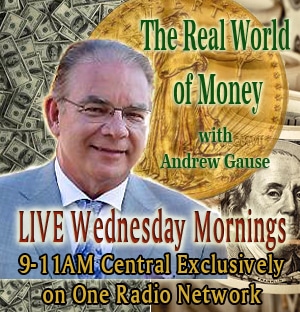The US government has told Bank of America
that it needs to bolster its capital cushion by as much as $34bn
(£22.6bn) after a stress test found weaknesses in the banks ability to
withstand any further shocks.
Bank of Americas executives
learned of the figure from treasury officials before tomorrowspublic
release of the results of tests on the 19 largest US financial
institutions.
As many as 10 banks, including major players such as Citigroup and Wells Fargo, are likely to be told that they need extra capital. But BoAs shortfall could be the largest of any bank.
The
North Carolina-based bank, which is the largest US high-street player
in terms of deposits, has been financially weakened by its purchase of the troubled Wall Street brokerage Merrill Lynch, which lost $15bn in the final quarter of last year. Angry about the deterioration in the banks condition, shareholders last week voted to strip chief executive Ken Lewis of his title as chairman.
A BoA spokesman declined to comment, but the banks chief administrative officer, Steele Alphin, told the New York Times that he was disappointed by the treasurys findings.
"We’re
not happy about it because its still a big number," said Alphin. "We
think it should be a bit less at the end of the day."
BoA has a
number of options to generate the money. It could sell assets – a
lock-up provision expires this week allowing BoA to sell a portion of
its stake in China Construction Bank, worth about $8bn. Several
subsidiaries could be put on the block, including First Republic, a
bank acquired as part of BoAs purchase of Merrill Lynch.
But
with few investors willing to subscribe for public fundraisings by
troubled banks, BoA may have to go further by converting part of the US
governments $45bn in preferred shares to common equity, bolstering the
tangible funds at its disposal.
Experts believe the government could set a target of 3% to 4% for bankstangible common equity to risk-weighted assets.
Paul
Miller, a banking analyst at FBR Capital Markets, calculated that a
target rate of 4% would require 11 of the 12 leading commercial banks
to raise capital – including BoA, Citigroup, Wells Fargo, US Bancorp
and Sun Trust. The only exception with a high street network would be JP Morgan, although Wall Street firms such as Goldman Sachs and Morgan Stanley would also be judged secure.
"Banks
will most likely bolster their capital levels by converting preferred
equity [including government bail-out money] into common equity, as it
is the cheapest and easiest route," said Miller in a research note.
"However, we encourage banks to use the recent market rally to raise
money in the open market."
Conceived by the Obama administration as a way to reassure the public and the markets over the soundness of the banking system, the treasurys stress tests have become an increasingly delicate political issue. The treasury was initially reluctant to make its findings public but has agreed to publish them after the US stockmarket closes on Thursday.
Rumours have been rife about the findings. Certain reports have suggested that Citigroup may have to raise as much as $10bn.
Banking
commentators are concerned that the public may misinterpret negative
results as a judgment on the security of deposits fully insured by the
government-backed Federal Deposit Insurance Corporation.
"The
government has to control the dissemination of these results very
carefully," said Gerard Cassidy, an analyst at RBC Capital Markets.
"They have to point out that theres not a single bank out of these 19
that will fail in the US. They’ve got to get it into peoples heads and
into the marketplace."

'* Business * Bank of America Bank of America comes up $34bn short in stress test' has no comments
Be the first to comment this post!